Research suggests solo holidays have been on the rise in recent years, mainly because people want to choose their own holiday agenda without making exceptions or compromises to please fellow travellers. Then there are those who simply want to enjoy a little “me time.” Of course, unlike the days of Ernest Hemingway travelling to foreign lands, keeping in touch with friends and loved ones is only an Instagram post, Zoom conference, or phone call away.
Of course, the latest reason why solo travel appears desirable is COVID-19—it might be a while before we feel safe booking that Vegas trip with friends. But what are the best places to travel alone and are you prepared for this solo adventure? We’ve got those answers and more before you pack your bags.
Should You Travel Alone?
The idea of embarking on your own adventure is definitely enough to make your heart start beating a little bit faster, but how do you know if you’re up for it? Ask yourself the following questions:
- Do you regularly have anxiety or depression issues? These two conditions could be exasperated when travelling alone. For starters, travel can be stressful and if you’re not travelling with someone who can help you navigate the storm, you could feel overwhelmed—and what fun is that? If you’re depressed, alienating yourself from those you love could make you feel worse. Talk to your doctor if you’re dealing with anxiety or depression before booking a solo vacation.
- Do you have any serious medical conditions? Travelling with a serious medical condition when you’re with someone else is a risk in itself, but even more so if you’re alone. Imagine you’re not feeling well, you’re far from home, and alone in a hotel room? Don’t take any risks until your health is in check.
- Do you have a general sense of direction? While we’re spoiled with sophisticated apps and GPS systems, it’s still helpful if you have a general sense of direction so you don’t feel like a fish out of water in a new place.
- Are you organised? You’re going to have to keep track of your tickets, passport (if applicable), reservations, itinerary, and more all on your own. There are days you’re going to be tired, jet-lagged, or maybe not even feeling well but the show must go on and you’re the only actor taking the stage.
- Are you generally self-confident? Sure, we all have certain situations or even people that intimidate us, but you’ve got to be able to stand on your own two feet if you’re going to travel solo. You’ll be dining alone, sightseeing alone, and more likely than not will have to ask a stranger for assistance. All of these scenarios are even doubly intimidating if you’re travelling to a country where you don’t speak the language, so stay true to yourself so that your voyage isn’t a nightmare instead of a dream trip.
Choosing a Solo Destination
Now that you’ve determined solo travel is for you, where do you go? Your choice is important as it can make or break your trip. You want your first voyage to give you the confidence to do it again—not the other way around.
- Start with the U.S. Opt for a cosmopolitan city with plenty of attractions/activities, reliable transportation, easy access to and from the airport (or train station), and a wide price range of accommodations. It’s also a smart direction as you’ll never be too isolated from others. This is important from a safety standpoint, but more on that later. Some popular destinations include San Francisco, New York, Chicago, D.C., Austin, San Diego, Charleston, Miami, Portland, Nashville, New Orleans, and Boulder. Of course, with the Coronavirus still in effect, you’re going to want to see what’s happening in each state/city before making a decision. New York, for example, is likely a place you want to avoid for a while since it’s still a hot zone.
- Graduate to English-speaking foreign countries. Whether you’ve already seen most of the States or you crave a more foreign land, start with English-speaking countries if you’ve never been abroad. You’ll still get that “I’m not in Kansas anymore” feeling without having to feel intimidated by the language. Consider Canada, Mexico, the United Kingdom, the Bahamas, Barbados, Trinidad and Tobago, Belize, Antigua, Barbuda, St. Vincent and the Grenadines, Jamaica, Dominica, St. Kitts and Nevis, and Dominica.
- Get out of your comfort zone. The reality is any place where tourism is thriving is apt to have locals who speak some English—not always, but it’s not as rare as it was in the past. With that in mind, if you feel comfortable enough to navigate restaurant menus, public transportation, and learn a few basic phrases, travelling to Eastern or Western Europe, Asia, Africa, or beyond is always an option. It might feel like a bit more of an adventure, but being exposed to other cultures, languages, cuisine, and scenery is what travel is all about. Just make sure to do your due diligence by checking to see if there are any current safety issues in the country you wish to visit—and we’re not just talking about the coronavirus.

Pack Wisely
In short, less is more.
- Consider only travelling with a carry-on (like our Cabin Spinner or Rolling Cabin Bag) and an onboard bag (like our Essential Tote) so that you don’t have to worry about checking (and potentially losing) your luggage or missing a connecting flight if you have to recheck your bags.
- Prioritise which pieces you’re going to bring and then follow our guide to the five best packing methods to ensure you’re maximising your space.
Before You Go
It’s all too easy to get caught up in the excitement of a trip, but there are some important details to check off your list before embarking on your solo travel adventure.
- Create a budget. Get as detailed as possible. We’re talking about everything from refreshments at the airport and transportation to accommodations, sightseeing (think museum admission, etc.), and meals. Also factor in some extra cash for emergencies and spontaneous purchases like a souvenir or special meal.
- Get or renew your passport. This is important to do before booking tickets or lodging of any kind as there are often delays—especially now—so you don’t want to run the risk of having to cancel or rebook everything. Not only is that a hassle, but it’s also a serious loss of cash. Also, make sure your passport doesn’t expire for at least three months after your trip. Some countries have strict regulations when it comes to timing.
- Book all of your transportation. Along with your flight or train, you’re going to want to book any connecting travel (additional trains, ferries, buses, or flights) so that you don’t run the risk of not being able to get a booking in person.
- Thoroughly research lodging before booking. You’re traveling solo so the last thing you want is to arrive at your destination and see that you booked a threadbare place in an undesirable neighborhood. Read reviews, check out the property on more than one website, and research the area you’ll be staying in. It takes a bit of extra legwork, but it’s worth it when it comes to safety, sanitation, peace of mind, and comfort. Never wait until you get to your destination to book your accommodations as not being able to find a place to stay can be stressful and lead to you spending more money because you weren’t prepared.
- Learn the general basics. This really applies more to those traveling overseas. You’re going to want to have a grasp on visa requirements, specific laws, the type of currency (and how to use it), and cultural etiquette rules so you don’t wind up insulting someone. It’s also a good idea to research common scams in the area so you can prevent those at all costs.
- Keep important contact numbers with you. These would be numbers such as your airline, hotel, train, shuttle, or any other connection. Ideally, your phone or another electronic device is best, jot them down in a safe place if you’re not traveling with electronics.
- Don’t leave the house late. Get to the airport, train station, etc. early. You never can guess whether or not a random traffic jam may occur so save yourself some stress and arrive at your embankment destination early. Not to mention, social distancing measures may slow down the check-in process for a while.
- Don’t over commit yourself the first day. Get your bearings, assess your surroundings, and just simply soak everything in on day one. Get a good night’s sleep and hit the ground running the next day.

Safety Tips for Solo Travel
As much as you try to prevent something bad from happening on a trip, sometimes it’s inevitable. Regardless, you can still take extra precautions to ensure your voyage is as stress-free and safe as possible.
- Leave your itinerary with a loved one or friend. Nobody goes into a trip thinking something disastrous could happen, but it’s not out of the realm of possibilities. Make sure you hand over as concise of an agenda as possible to someone you trust—just in case. This should include any phone numbers of places where you’re staying, when you’ll be in transit (where and what method of transportation, which carrier(s), etc.), and the best methods of contact to reach you at and vice versa.
- Make photocopies. Photocopy all of your credit cards (front and back), tickets, passport, visa, etc. in the unfortunate event that you’re robbed.
- Have emergency contacts. Add important numbers in your phone such as emergency contacts (make sure these individuals know), the American Consulate in your area (if applicable), your bank, your doctor, and anyone/anywhere else you feel is of importance.
- Avoid desolate areas. Stay where the crowds are. This is no time to be walking down a deserted alley in a foreign city or country. Be extra vigilant if you’ve been out having a libation or two as your judgment is apt to be skewed.
- Don’t fall for a scam. Never feel as though you have to make a hasty decision about anything—whether you’re trying to be talked into a souvenir or an expensive bottle of wine. It’s easy to get caught up in the moment in a new place, but don’t let that cloud your judgment. Unfortunately, tourists are often easy targets no matter where you are in the world. Remember, it’s okay to be a bit rude if your cordial ways aren’t making any tracks with the aggressor.
- Execute caution in social situations. When you travel alone, you’re bound to meet other people—solo or otherwise. Choose who you speak to and who you do not, making an effort to use good judgment. Never divulge too much information about where you’re staying, going, or even personal details until you’re as certain as possible that this person isn’t trying to scam, rob, or attack you.
In Conclusion
Solo vacations can be rewarding and more often than not, it will be easier to pull off a trip than you think. Remember, don’t rush into things on your first solo adventure. If you don’t travel too far from your home base, it’s easy just to go back home without sacrificing as much as you would if you were overseas. Bring a journal and take advantage of the fact that you’ll have some time to do a little soul searching. This can be a very cathartic experience and let’s be honest, it’s not too often that we get to spend time with our own thoughts!
Solo travel can be a huge confidence booster, but if you’re really apprehensive, start small with a group trip instead. It doesn’t have to be a Megabus tour. Even an intimate group of six to eight would help you get your feet wet as you’d still have an opportunity for alone time. Whichever route you choose, do your planning, respect social distancing, be safe, and get ready for an adventure of a lifetime.
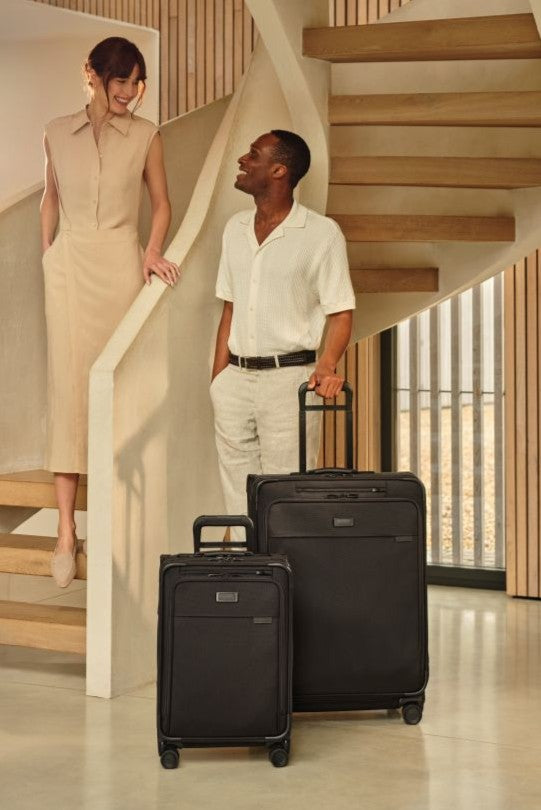

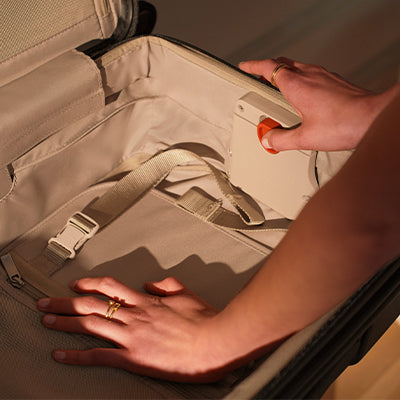








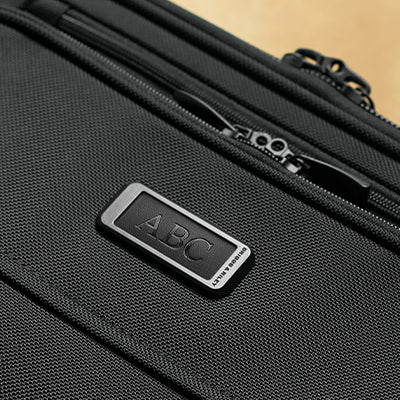
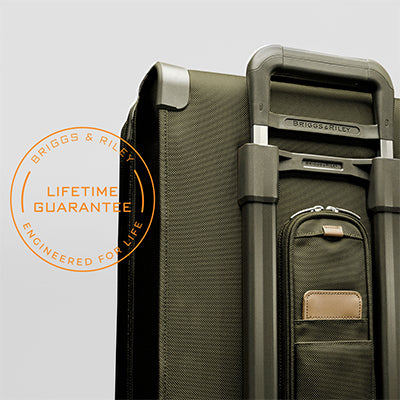




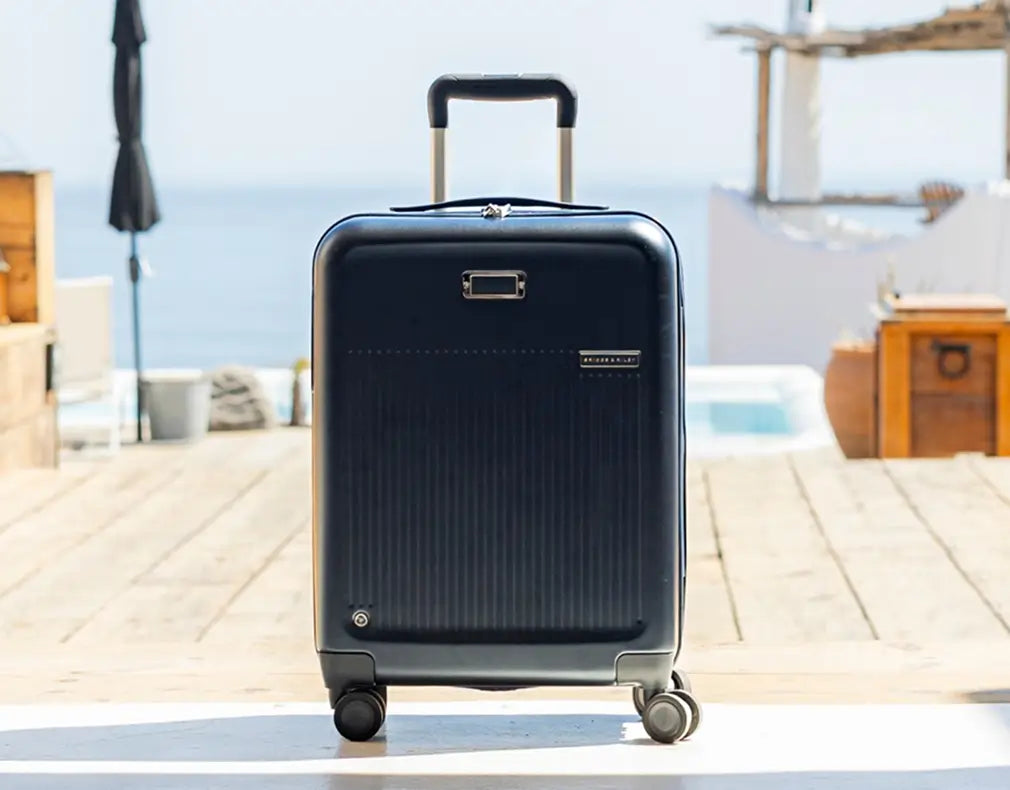
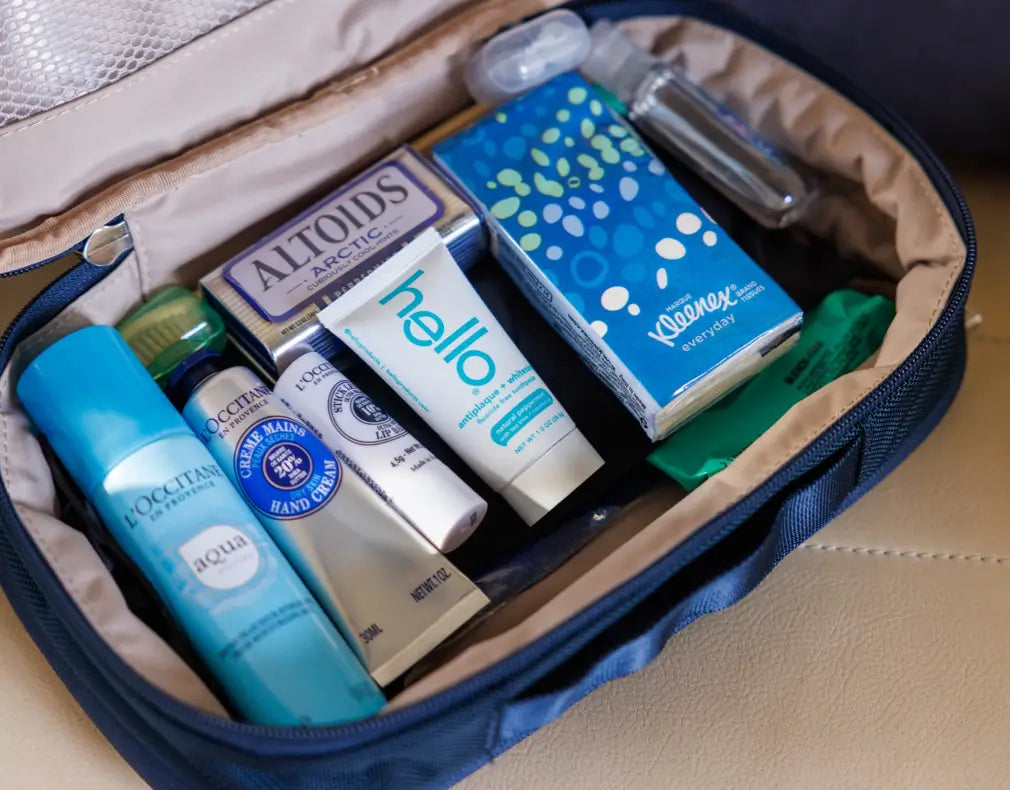
Leave a comment